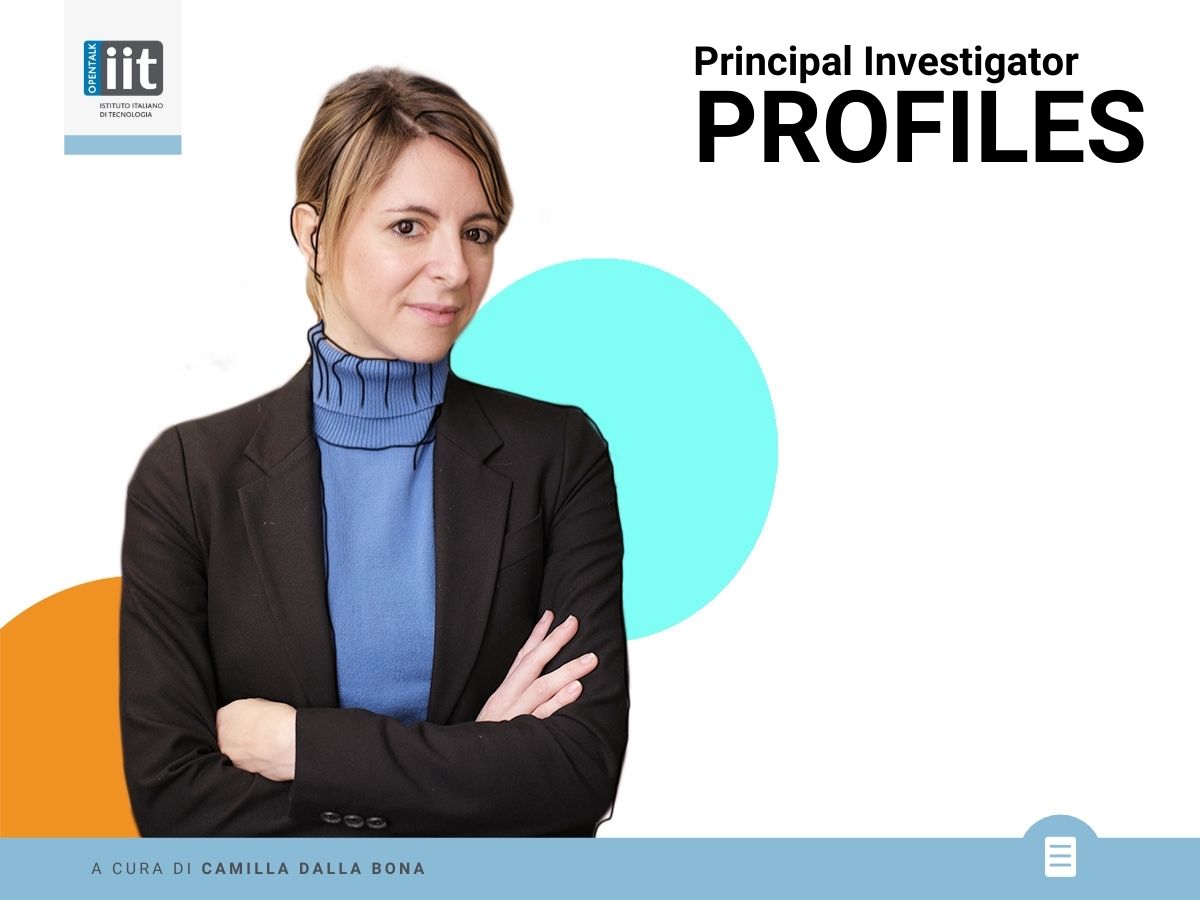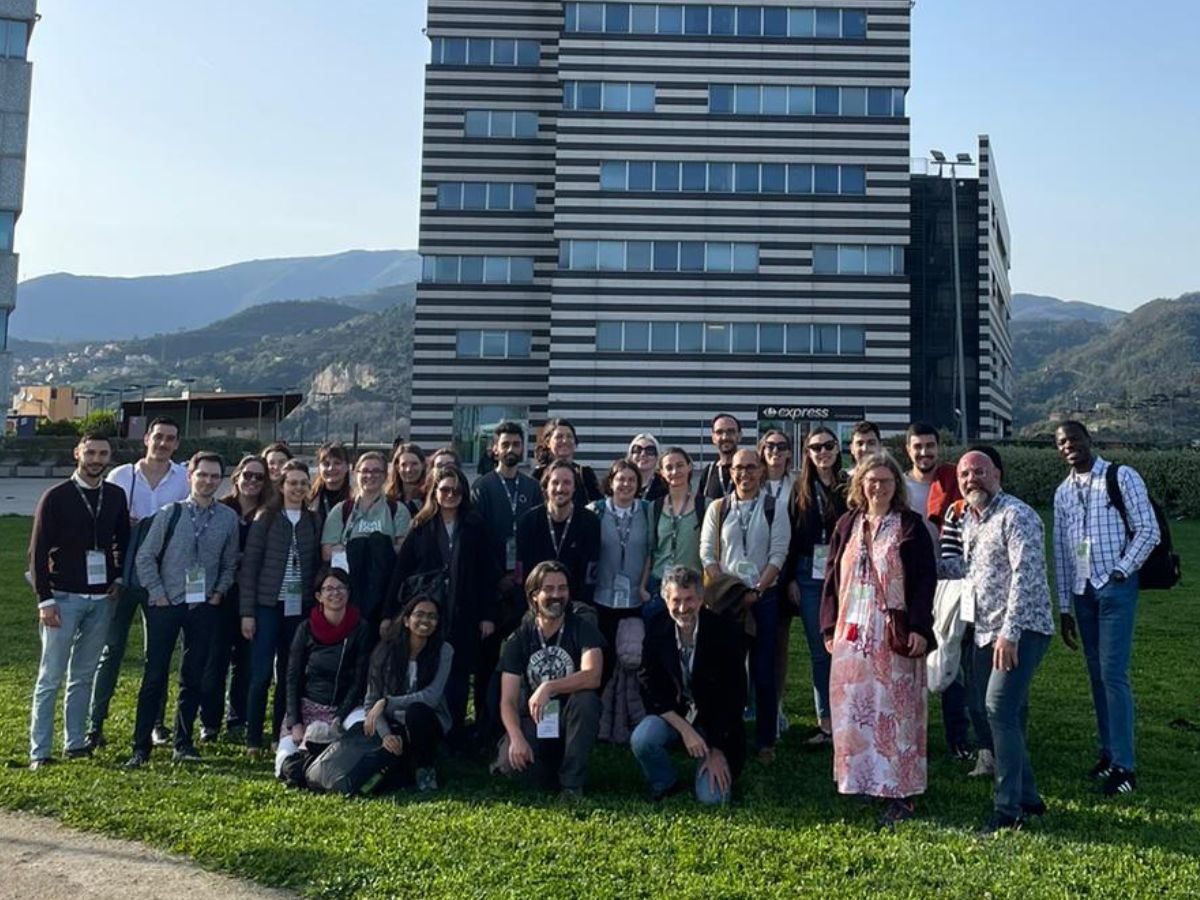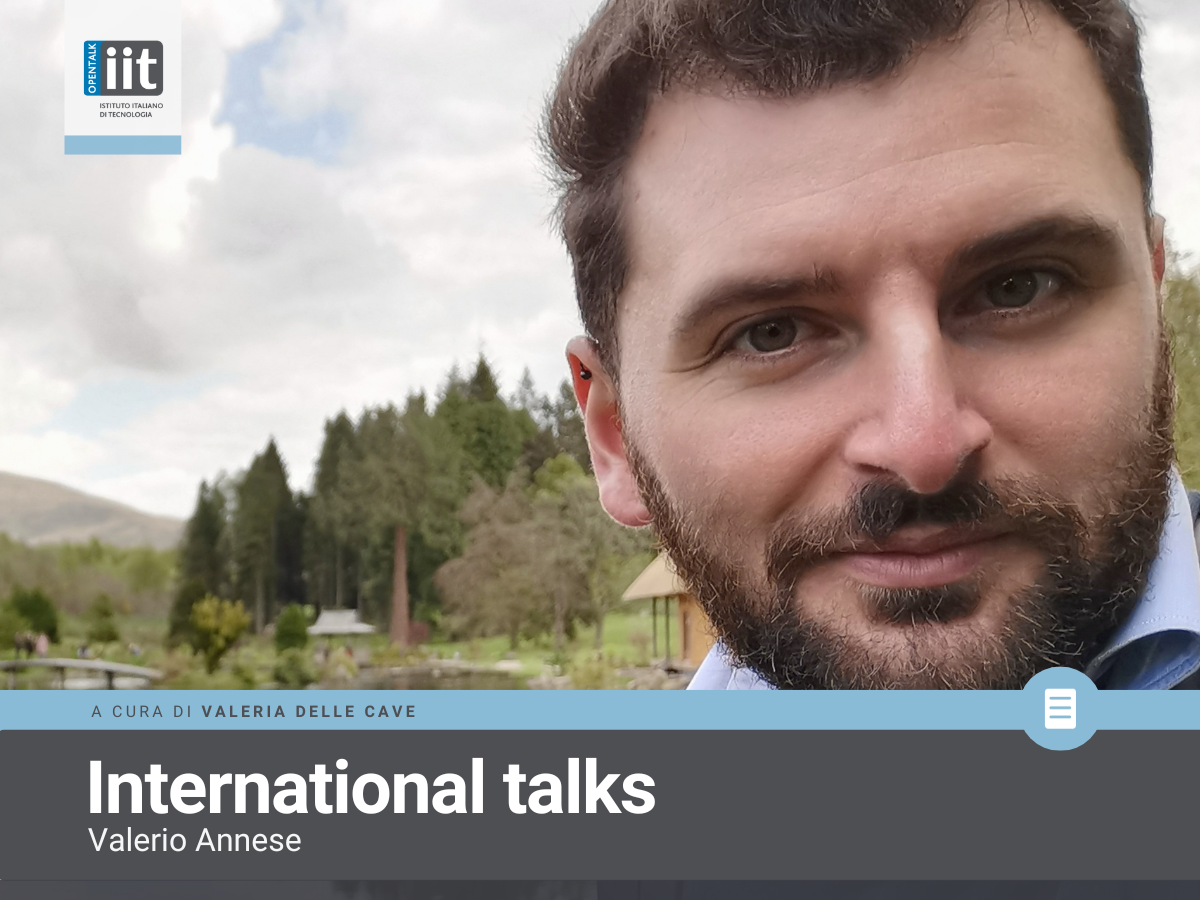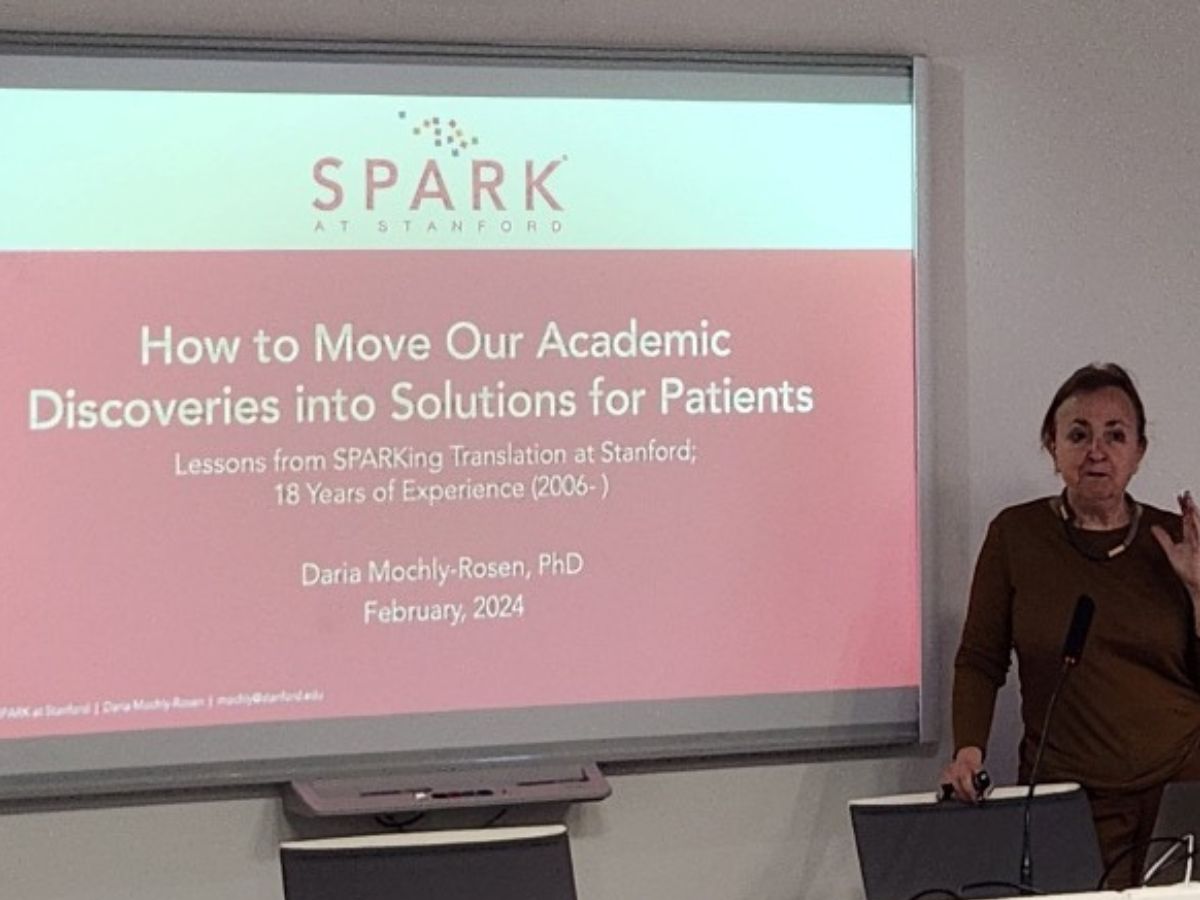Interview with Camilla Coletti, coordinator of the IIT “2D Materials Engineering” research line and Coordinator of IIT Graphene Labs
Name: Camilla Surname: ColettiPlace of birth: Marsciano (Perugia), ItalyRole: PI of 2D Materials Engineering and Coordinator of Graphene LabsWhat does your research team do? We work on the super exciting and recently born field of bidimensional (2D) materials. After the discovery of graphene in 2004 there has been an incredible amount of interest on this wonder material just one atom thick, incredibly resistant and flexible, transparent and with superior electronic properties. Soon after graphene, a plethora of other 2D materials with unprecedent properties was also discovered: a new field, a playground for physicists and chemists. In my group, we synthesize 2D materials such as graphene with bottom-up techniques. To this end, we use high-temperature reactors and very-well refined recipes. Our ingredients are gases (like methane) and by finely tuning temperature and pressure we end up with atomically thin materials with very high quality and that can cover large surfaces (like a dinner plate). We study the properties of these materials both singularly and when they are stacked like in a deck of cards. Some of these novel 2D materials are very much uncharted and is very exciting when you understand that you are the first to see some peculiar property or effect! And once we understand the material (a bit like you get to know a friend) we think at their possible applications. At present we are concentrating mostly on optoelectronic and photonic applications of 2D materials, but we are also looking into biomedical applications. To summarize, we work all the way from the synthesis of 2D materials to the final application. For this reason, the group is very heterogeneous: we are presently about 17 people with backgrounds that range from physics to chemistry to electrical and biomedical engineering.When you were younger, was this the job you had in mind? When I was a kid I would have never imagined to become a scientist. In my mind scientists were all men (and quite old!) and although I was very fascinated by the stories of Einstein or by reading Stephen Hawking’s books it didn’t come to my mind that I could have pursued a life in science. But I was super fascinated by topics like astronomy and archaeology. At 12 I would have said that my dream job was theatrical actress, at 15 to become a painter, and only later it became clear to me that I would definitely become an astronomer and study the celestial sphere. It didn’t happen though! But someone could say that the extremely big and the extremely small are different faces of the same coin.That time you would have wanted to drop everything and do something else: At the very beginning of my academic career: the first months of my PhD at USF in the United States. It was 2004 and it literally was a leap in the dark. And a cultural shock. There was not much internet or the possibility of connectivity we have nowadays. I thought often to come back but when I was literally ready to take the first flight back my dad surprised me by coming over for a couple of weeks. After that all became suddenly easier and I started to love my American life.“Publish or perish”. How does the pressure to publish influence your days and your professional choices?If you choose to have an academic career the pressure to publish is strong since the very early stages (i.e., PhD) but then it becomes even stronger when you are “under evaluation” (i.e., during the tenure track). You know you must outperform to have a chance not to fall out of the leaky pipeline that is research. That means getting excellent and solid results while trying to be fast (in a competitive field like that of 2D materials the latter is mandatory). In my case what helped in this direction was to have a quite large group (thanks to external projects financed by the EU, like the Graphene Flagship), excellent group members and clear-cut goals. And lots of hard work: research never stops, and I remember submitting a paper at the phone with two of my postdocs while entering the delivery room for my second child… crazy enough.When did you realise you were going in the right direction?In 2007, after completing my PhD, I decided to work on the newly discovered graphene and for that I started a postdoc at the Max-Planck-Institute of Stuttgart. Three years later, on the 5th of October 2010, the Nobel Prize in Physics was awarded to the two Russian physicists that isolated and studied graphene just 6 years before. A few months later I was hired by IIT with the challenging task of setting up research on graphene from scratch. It was a quite risky choice for a postdoc: no-one on top to direct your research. I could have succeeded or ruinously fail. I worked very hard in those early years at IIT to produce significant and impacting knowledge and when I started to get invited at the major conferences in the field I realized that I made it on my own, without a mentor “helping me or covering my shoulders”. Well, not entirely on my own. I owe much to the exceptional people that in those early years were part of my group.What is your next goal?The short-term one is setting up a cutting-edge facility for a combined study of electronic and structural properties of nanomaterials. A dream-tool for surface scientists! We will soon have an in-house angle-resolved-photoemission spectroscopy (ARPES) tool directly connected to a scanning tunnelling microscope (STM). It will be instrumental for studying a wide range of low-dimensional materials, with a particular focus on quantum materials. What is the toughest aspect of your job?That you never stop working. But it probably is unavoidable when you have passion for what you do. Research is not a work with “working hours”. Yet, sometimes it gets weary.Senior researchers necessarily have to deal with many bureaucratic aspects. Apparently, this aspect does not fit well with the research activity. How is that for you?Like many colleagues, I do not like having to deal with bureaucracy. I’m horrible with paperwork and bureaucracy in my personal life, I have no passion for it! But can’t delegate this in my work (although I would love to do so) so I just deal with it while trying to do my best. What upsets me is that too often dealing with bureaucratic aspects takes up a large part of my day. Who would have to invest more in research compared to what it is done today?Well, definitely the Italian state. I also wish for a stronger interaction between companies and research institutes/university, like I have seen happening in Germany. This creates a virtuous circle that is advantageous for both, companies and research institutes, and ultimately for the country. With our group we also try to work in this direction. We currently have several research projects with companies like Aixtron, Ericsson and Nokia. Do people talk about science outside the labs and the academic world? Yes, but too often is seen as something distant. At present we, scientists and science communicators, have the task to fill the gap. In the near future, I wish that a well-structured and solid scientific education of the young generations will increase trust in science.Who gave you the most important advice during your journey?My PhD advisor Stephen Saddow “Think outside the box”.What would you say to the younger you finishing her PhD?Do not ever underestimate yourself.Is working in different countries essential for a researcher?In my opinion it is an enriching, stimulating, eye-opening experience for a researcher. I do strongly suggest to all the students I mentor to live and do research outside of Italy for at least some time. I lived for a total of 7 years away from Italy. I was in Switzerland for my Master Thesis, in the US for my PhD and in Germany for my postdoc. Cherished years that have formed me as a scientist and as a person.You can improve one aspect of research in general. Which one would you choose?Meritocracy not being an utopia.





